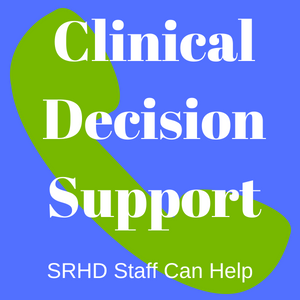A term that focuses on behavior rather than labels and is inclusive of all MSM, whether they self-identify as gay/homosexual, bisexual, or heterosexual. This community is at high-risk for HIV and STD infections; this is because MSM may practice anal sex, and the rectal mucosa is uniquely susceptible to certain STD pathogens.
Health care providers should routinely acquire sexual histories from their patients to facilitate risk assessment and risk reduction counseling for preventative sexual health services. A sexual history should be taken during any new or routine patient visit, and especially if the patient presents with signs or symptoms of STDs. To obtain the most pertinent information effectively, the use of open-ended questions in a non-judgmental/normalizing way is recommended.
Questions to ask after a discussion about confidentiality:
Providers should routinely ask sexually active MSM about symptoms consistent with common STDs in addition to STD related risks and sexual behaviors.
The following screening tests should be performed, regardless of condom use during exposure, for sexually active MSM, including those with HIV infection:
PrEP is a preventative option for MSM who are at very high risk of HIV and less likely to follow safer sex practices. These include men who use recreational drugs or alcohol during sex, inject drugs, exchange sex for money or services, use condoms inconsistently, or have sex with HIV-infected partners, in addition to men who have multiple or anonymous partners.
Although PrEP can provide significant protection from HIV infection, it is not a substitute for safer sex practices. For more information or if you want to help get your patient on PrEP, please contact our PrEP Coordinator at 509-324-1438

Licensed healthcare professionals and STD program staff can contact the Clinical Consultation Service for clinical decision support.